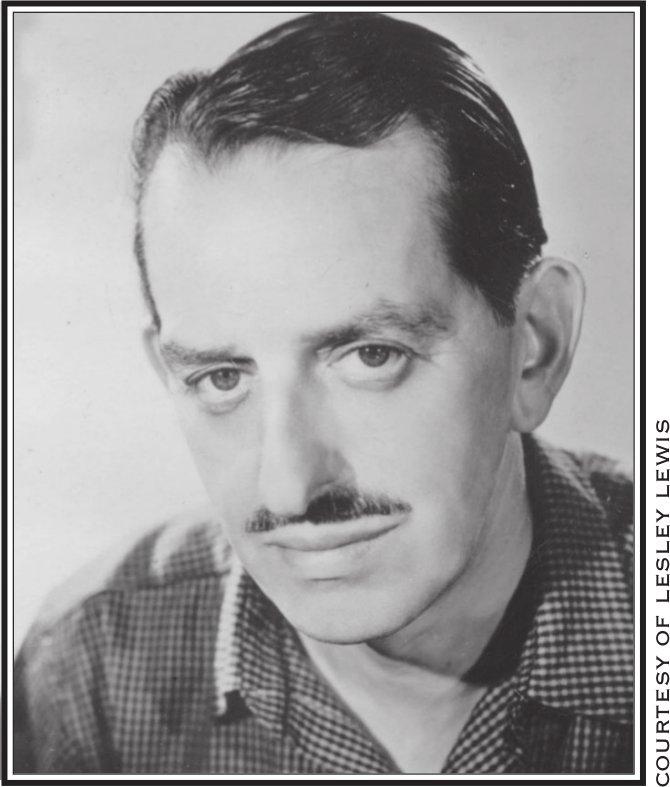Honoured Society (28 page)
Authors: Norman Lewis

- Madonia,
1
,
2 - Madrid,
1
,
2 - Mafia, the: origins and history,
1
,
2
,
3
; - Malta, Salvatore,
1
,
2 - Mansueto, Simone,
1 - Manzella, Cesare,
1 - Marchesano,
1 - Marotta,
1 - Marsala,
1 - Marseilles,
1
,
2 - Mattarella, Bernardo,
1
,
2 - Mattarella, Piersanti,
1 - Mazzarino, convent of,
1 - Messana, Ettore,
1
,
2
,
3
,
4
,
5
,
6
,
7
,
8 - Messina,
1
,
2 - Messina, Pietro,
1 - Messina, Rosa,
1 - Miceli, Nino,
1
,
2
,
3
,
4 - Michel, Pierre,
1 - Milan,
1
,
2 - Minasola, Nitto,
1
,
2 - Mistretta,
1 - Molinelli, Joseph,
1 - monarchists,
1
,
2
;- see also
separatist movement
- see also
- Pafundi, Donato,
1 - Palermo: allies take,
1
; - Palma di Montechiaro,
1 - Pampiglione, Silvio,
1 - Pantaleone, Michele,
1 - Paolantonio, Colonel,
1
,
2 - Partinico,
1 - Passalacqua,
1 - Patton, General George,
1 - Perenze, Captain Antonio,
1
,
2
,
3 - Perugia,
1 - Petralia,
1 - Petrosino, Jack,
1 - Piana dei Greci,
1
,
2 - Pianelli brothers,
1 - Piazza Armerina,
1 - Pio, Padre,
1 - Pisciotta, Gaspare,
1
,
2
,
3
,
4
,
5 - Pizzuta, Monte,
1 - Polacco, Giovanni,
1 - Ponzio,
1
,
2 - Popular Front,
1
,
2
,
3 - Porchera, Maresciallo,
1 - Portella della Ginestra,
1
,
2 - Provenzano,
1
- Sacco, Vanni,
1
,
2
,
3 - Salemi, Colonel,
1
,
2 - San Cipirrello,
1 - San Giuseppe Jato,
1
,
2
,
3 - San Mauro,
1 - Santa Maria di Gesù (convent),
1 - Santo Stefano,
1 - Santo Stefano monastery,
1 - Sapienza, Giuseppe,
1 - Scaglione, Pietro,
1
,
2 - Scarlata family,
1 - Scelba, Mario:
- Sciara,
1 - Sciascia, Leonardo,
1 - Sciortino, Pasquale,
1
,
2
,
3
,
4 - separatist movement,
1
,
2
,
3
,
4
,
5
,
6
; - see also Giuliano, Salvatore; monarchists, the Sindona, Michele,
1 - socialists,
1
,
2
,
3 - Solazzo family,
1 - Stern, Michael,
1 - Stoppaglieri family,
1
- Tagliavia,
1 - Tandoy,
1 - Tasca, Lucio,
1
,
2 - Task Force Report on Organized
Crime
,
1 - Terranova, Antonio,
1
,
2
,
3 - Terranova, Cesare,
1
,
2 - The Honoured Society see
Lewis,- Norman
- Norman
- Times
,
The
(newspaper),
1 - To Feed the Hungry see
Dolci, Danilo - Tommaso, Natale,
1 - Trabia, Princess Giulia Florio Dontes di,
1 - Trabona, Salvatore (‘Rickets’),
1
,
2 - trade unions,
1 - Trapani,
1 - Turi (mafioso),
1
Norman Lewis’s early childhood, as recalled in
Jackdaw Cake
(1985), was spent partly with his Welsh spiritualist parents in Enfield, North London, and partly with his eccentric aunts in Wales. Forgoing a place at
university
for lack of funds, he used the income from wedding photography and various petty trading to finance travels to Spain, Italy and the Balkans, before being approached by the Colonial Office to spy for them with his camera in Yemen.
He moved to Cuba in 1939, but was recalled for duty in the
Intelligence
Corps during the Second World War. It was from this that Norman Lewis’s masterpiece,
Naples ’44
, emerged, a resurrection of his wartime diary only finally published in 1978.
Before that came a number of novels and travel books, notably
A
Dragon Apparent
(1951) and
Golden Earth
(1952), both of which were best sellers in their day. His novel
The Volcanoes Above Us
, based on personal experiences in Central America, sold six million copies in paperback in Russia and
The Honoured Society
(1964), a non-fiction study of the Sicilian Mafia, was serialised in six instalments by the
New Yorker.
Norman Lewis wrote thirteen novels and thirteen works of
nonfiction
, mostly travel books, but he regarded his life’s major achievement
to be the reaction to an article written by him entitled
Genocide in Brazil,
published in the
Sunday Times
in 1968. This led to a change in the Brazilian law relating to the treatment of Indians, and to the formation of Survival International, the influential international organisation which campaigns for the rights of tribal peoples. He later published a very successful book called
The Missionaries
(1988) which is set amongst the Indians of Central and Latin America.
More recent books included
Voices of the Old Sea
(1984),
Goddess in the Stones
:
Travels in India
(1991),
An Empire of the East: Travels in Indonesia
(1993) and
The World the World
(1996), which concluded his autobiography, as well as collections of pieces in
The Happy Ant Heap
(1998) and
Voyage by Dhow
(2001). With
In Sicily
(2002) he returned to his much-loved Italy, and in 2003 his last book,
A Tomb in Seville
, was published.
Lewis travelled to off-beat parts of the world well into his nineties, returning to the calm of rural Essex where he lived with his second wife. He died in July 2003 at the age of ninety-five.

